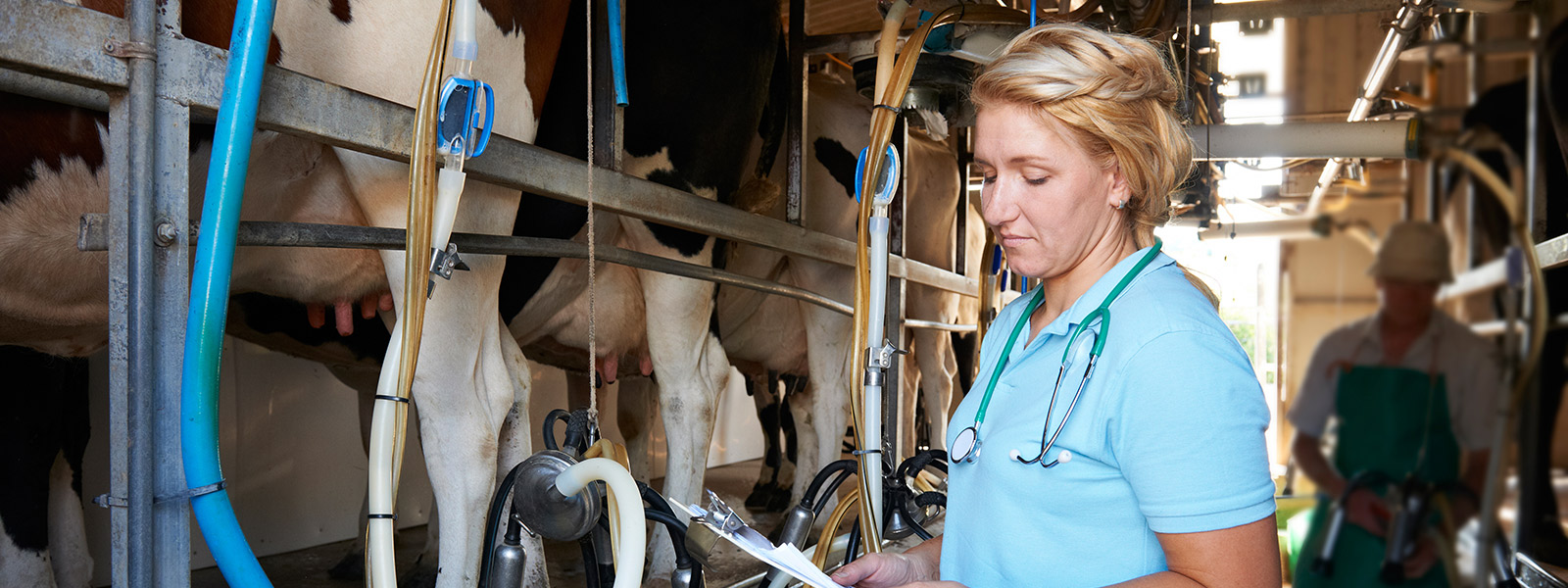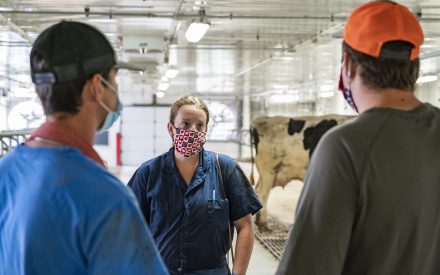
For the past several years, Wisconsin farmers have faced a growing number of challenges that translate to high stress levels. As John Shutske, Extension agricultural safety specialist at UW-Madison, puts it, “We’ve had a long-term downturn in crop and milk prices which has hit our dairy sector particularly hard.” The low prices that have continued for several years have made it difficult for farmers to get loans or other resources. Extreme weather events and uncertainty with foreign trade have only added to the stress experienced by farmers.
Chronic stress, left unmanaged, will wear down the body over time. Increased blood pressure, higher risk of heart disease and stroke, and elevated blood sugar levels that can contribute to type-2 diabetes are often connected to chronic stress. Additionally, long-term stress affects the brain in measurable ways and can stifle our ability to plan and communicate. This often results in people making bad decisions which further fuels the stress response. When faced with such extreme hardships, shutting down can seem like the best option. “Farmers in particular think they just need to hunker down and plow through tough times,” says Shutske. “But that checking-out process is exactly the opposite of what people need to do.” Staying connected with family, the community, and outside assistance such as Extension is key to breaking the cycle of chronic stress.
Successfully managing through difficult times often seems to be a very difficult or even impossible task. “We all look for that one single magic solution that will solve all of our problems,” says Shutske. Unfortunately, there is no single solution to eliminate stress; it must be addressed through multiple approaches. For example, proper diet and exercise provide needed energy for making good decisions and optimizing the function of our brain. Exercise helps to improve the structural parts of the brain that are responsible for memory and hat contain the thermostat for keeping stress in perspective. Also, communicating and working with others to plan for the future is crucial. “Reaching out to experts and people who can help you objectively think about those what-if’s, the scenarios for the future, will help you to regain that needed sense of control” says Shutske.
To listen or read the full interview with John Shutske and find out more information relating to chronic stress and stress management, please follow the link below:
https://fyi.extension.wisc.edu/news/2019/07/26/dealing-with-stress-in-the-agriculture-industry/




 The Business Case for Safety on the Farm
The Business Case for Safety on the Farm Throttle Back on Stress
Throttle Back on Stress Overview of Post-Traumatic Stress Disorder (PTSD) and Complex Post-Traumatic Stress Disorder (cPTSD)
Overview of Post-Traumatic Stress Disorder (PTSD) and Complex Post-Traumatic Stress Disorder (cPTSD) Five tools to address stress
Five tools to address stress